13 results in Contemporary Philosophy in Focus
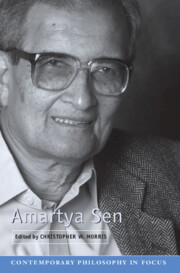
Amartya Sen
-
- Published online:
- 05 June 2012
- Print publication:
- 21 September 2009
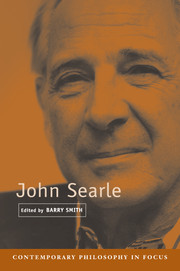
John Searle
-
- Published online:
- 05 June 2012
- Print publication:
- 18 August 2003
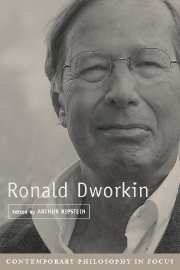
Ronald Dworkin
-
- Published online:
- 05 June 2012
- Print publication:
- 28 May 2007
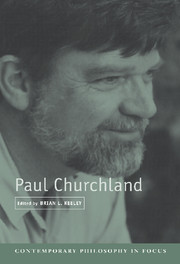
Paul Churchland
-
- Published online:
- 05 June 2012
- Print publication:
- 10 October 2005
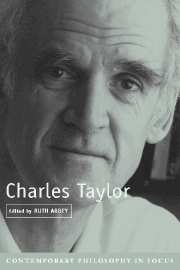
Charles Taylor
-
- Published online:
- 05 June 2012
- Print publication:
- 26 January 2004
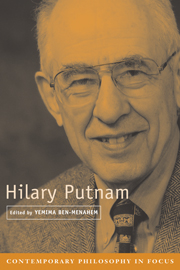
Hilary Putnam
-
- Published online:
- 08 January 2010
- Print publication:
- 24 January 2005
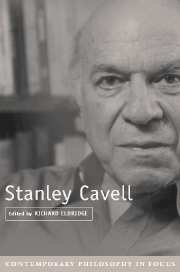
Stanley Cavell
-
- Published online:
- 08 January 2010
- Print publication:
- 24 February 2003
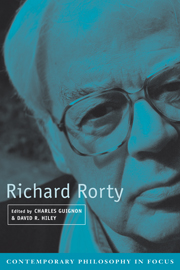
Richard Rorty
-
- Published online:
- 18 December 2009
- Print publication:
- 28 July 2003
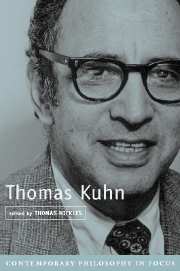
Thomas Kuhn
-
- Published online:
- 07 December 2009
- Print publication:
- 28 October 2002
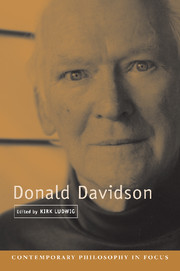
Donald Davidson
-
- Published online:
- 02 December 2009
- Print publication:
- 21 July 2003
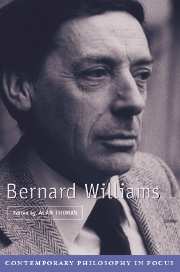
Bernard Williams
-
- Published online:
- 02 December 2009
- Print publication:
- 03 September 2007
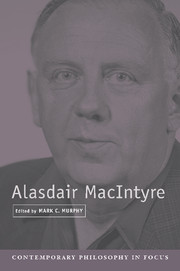
Alasdair MacIntyre
-
- Published online:
- 09 November 2009
- Print publication:
- 23 June 2003
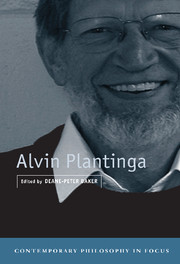
Alvin Plantinga
-
- Published online:
- 27 October 2009
- Print publication:
- 18 June 2007

